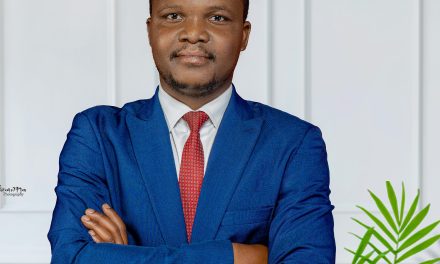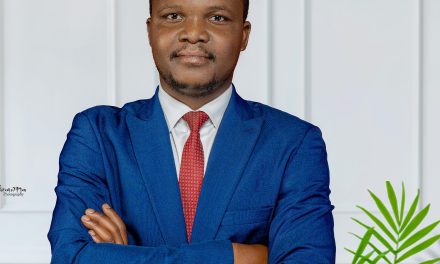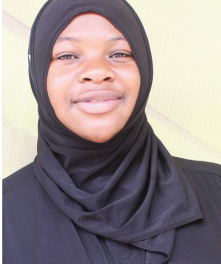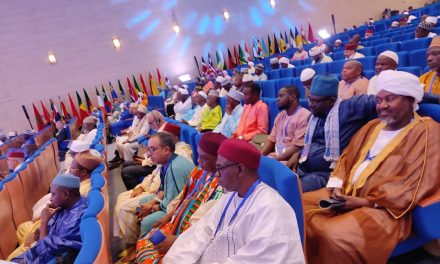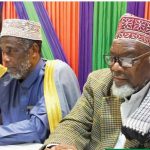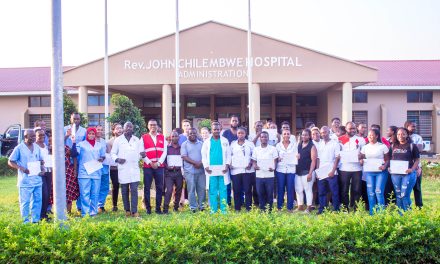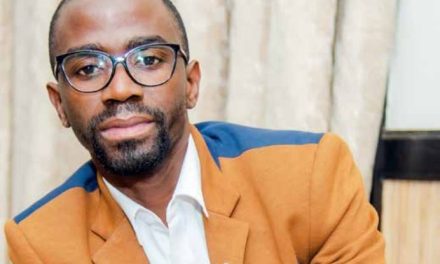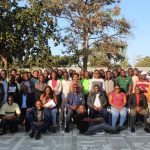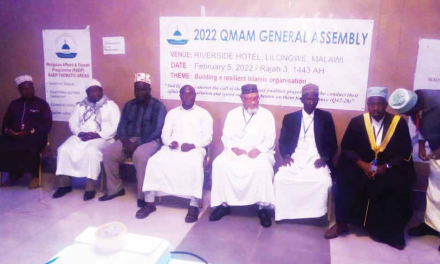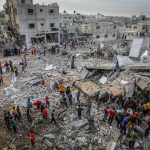
Palestinians In Gaza Strip Participate In Non-violent Protests

On Friday, as Jewish people prepared to celebrate Passover and Christians gathered for Easter, tens of thousands of Palestinians in the Gaza Strip participated in largely non- violent protests as part of the Great Return March. Palestinian participants began walking towards the fence that separates the strip from Israel and were met with live fire that saw hundreds of people injured and 16 killed.
The protests were held to commemorate Land Day and demonstrate for the rights of Palestinian refugees to be resettled in Israel. Israel’s response was that Hamas, which controls the strip, had “cynically” sent women and children to the fence as a human shield. Rather than expressing the grievances of Palestinians at large, then, the protests were to be seen in the context of long- standing tensions between Hamas and the Palestinian Authority in the West Bank.
The ever-deteriorating humanitarian situation in Gaza and the stagnation of negotiations for a lasting solution for peace in the region, Israel argued, were less relevant.
The Israeli response drew widespread criticism around the world, with UN Secretary General Antonio Guterres calling for an independent inquiry into Friday’s events. But Israel has already hardened itself against such international attention. As a focus on Hamas in its narrative of the march shows, the Israeli right constantly strives to portray a naive international community that fails to appreciate the existential threat the country must face.
Domestically, too, the hardline Israeli coalition led by Prime Minister Benjamin Netanyahu was able to absorb criticism on the political front through a time- honoured taboo: do not criticise Israeli military (IDF) confrontations with Palestine.
If there is one fact to take away from the recent antisemitism scandal that has wracked the Labour Party, it is that the line between criticism of Israel and prejudice against Jews is both fine and blurred. In Israel too, these accusations are weaponised against politicians and activists that step out of line.
Tamar Zandberg, the brand new leader of Israel’s leftist Meretz party, criticised the “trigger happy” response to the marches by the Israeli military, and called for an internal inquiry in a message to her Twitter followers. The tweet attracted responses that saw Zandberg dubbed Tamar “Abu” Zandberg, arabising her name and implying she could not be Jewish (or Israeli) while holding anti-government views. Other comments depicted Zandberg not as a politician attempting to legitimately guide her state, but as part of an international campaign to humiliate Israel and undermine the legitimacy of its existence.
Minister for Strategic Affairs Gilad Erdan replied that he regretted that the Israeli left “cannot even provide essential support to the IDF against an organisation that desires the destruction of Israel”.
Hamas is far from innocent in its handling of Gaza and its espousing of inflammatory anti-Israel messages, with a history of torture and public executions of Palestinians under its watch. Still, understanding the Great Return March as an expression of Hamas organs alone is clearly deflection. What we see here is a kind of domestic feedback loop for anti-Israeli criticism that ingeniously renders the Israeli right not only immune to, but strengthened by domestic and foreign criticism of Israel.
Though Israel is clearly the dominant power between the two, it sees itself as in need of constant protection. Every military encounter with Palestinians, then, is said to be about the existence of Israel itself, and not the specific context in which events occur. Dismissing the plight of the Palestinians, even to the very basic extent of ignoring crises in basic amenities like electricity, helps to reinforce this.
Criticism falls on deaf ears, then, because of a kind of moral exceptionalism: when Israel is under threat, politicians and activists alike must accept the army doing whatever it takes to ensure the state’s existence. There is no space on the Israeli right, as Zandberg’s tweet shows, for an argument claiming that mutual prosperity is a better guarantor of peace than live fire.
The chief of the United Nations is “deeply concerned” with the clashes between Palestinians and Israeli security forces that have left at least 15 people dead along the Gaza fence, and has called on an independent investigation.
A spokesperson for UN Secretary- General António Guterres said that the top UN diplomat is concerned that violence might escalate, and urged nations to avoid further casualties.
“The Secretary-General calls for an independent and transparent investigation into these incidents,” Farhan Haq, the deputy spokesman for Mr Guterres, said in a statement.
“He also appeals to those concerned to refrain from any act that could lead to further casualties and in particular any measures that could place civilians in harm’s way,” he continued.
The statement came after calls for an emergency United Nations meeting Friday with the UN security counsel, where nations were expected to try and hammer out a response to the violence.
At least 15 were killed and more than 1,000 more were injured during the violence, which erupted Friday as Palestinians gathered along the Gaza fence for a sit-in to honour the anniversary of Palestinian “Land Day”,
Which marks the start of a month and a half’s worth of demonstrations over lost land in Gaza. The Palestinian health ministry said that the injuries were sustained through a combination of tear gas, rubber-coated steel pellets, and live rounds. The demonstrations were called forby Gaza’s militant Hamas rulers, prompting Israeli security forces to double its standard troop levels on the border with more snipers, special forces, and paramilitary border police units that specialise in riot control.
The violence marked the deadliest day of demonstrations there since conflict autumn of last year.
As Friday wore on, the closed-door security counsel meeting began to appear as though it would be unable to come to consensus on a response, leading Kuwait to call for a public forum on the issue. One top UN diplomat said that they were concerned the situation in Gaza “might deteriorate in the coming days”, “Israel must uphold its responsibilities under international human rights and humanitarian law. Lethal force should only be used as a last resort with any resulting fatalities properly investigated by authorities,” Taye-Brook Zerihoun, the UN deputy of political affairs, said. The timing of the meeting caused the United States to lament that Israel was unable to attend the Friday meeting because of the holiday Passover. “We are deeply saddened by the loss of life today. We urge those involved to take steps to lower tensions and reduce the risk of new clashes. Bad actors who use protests as a cover to incite violence endanger innocent lives,” US diplomat Walter Miller told the council.

